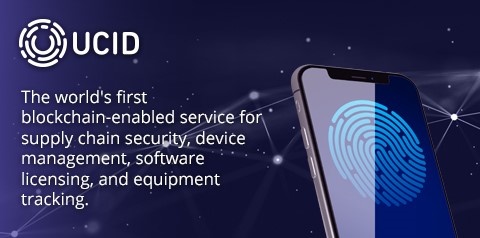Securing the Future of Business Capital
 Many of today’s household names began as humble startups in their founder’s dormitories, garages, and spare bedrooms years ago. Bill Gates (Microsoft), Elon Musk (Tesla), Mark Zuckerberg (Meta,
parent company of Facebook), and Steve Jobs (Apple) all started similarly— with not much more than vision, passion, and determination. That all changed with one simple but monumental and extremely
challenging thing: access to capital.
Many of today’s household names began as humble startups in their founder’s dormitories, garages, and spare bedrooms years ago. Bill Gates (Microsoft), Elon Musk (Tesla), Mark Zuckerberg (Meta,
parent company of Facebook), and Steve Jobs (Apple) all started similarly— with not much more than vision, passion, and determination. That all changed with one simple but monumental and extremely
challenging thing: access to capital.
These represent startup success stories. The companies that have unlocked the promise of innovation, economic growth, and wealth did so within the startup business model. Winners aside, there are millions of startups worldwide, creating new products and services by tackling some of the world’s most pressing problems. Some of them are undoubtedly tomorrow’s next household names. The stakes are high and so is the opportunity. In the United States alone in 2021, the value of venture capital investment in early-stage or first-round funding was estimated at nearly $77 billion.
Access to capital is critical to innovation but securing initial funding is daunting. Navigating the process can be the single greatest challenge entrepreneurs face. The process itself can
inhibit access to funding and, ultimately, stifle innovation. Of course, not every startup should be funded, but it should be easier for those that deserve it. For those that do, accelerating
innovation and speeding time to capital requires addressing the due diligence process with the application of new, emerging technology. Due diligence—a thorough verification, investigation, and
audit—is the most important and lengthy process of any potential deal or investment opportunity and can end up being the most critical and complicated stage (and often where deals
die).
Deal Box represents an excellent example of innovation in the arcane capital raise domain. The company is also demonstrating how emerging technologies can be applied to transform capital markets. It’s also intriguing how this innovation may be applied to a wide variety of future use cases. Pipeline recently had the opportunity to explore these possibilities, and the application of blockchain and the Universal Communications Identifier (UCID) to accelerate and secure the future of first-round funding, with Kevin L. Jackson of Total Network Services.
For TNS, it’s one of several innovative projects. With Forward Edge-AI and Rypplzz, the company is developing the Electronic Medical Mobile Application (EMMA) as the first blockchain implementation at the US Census Bureau, United States Department of Commerce. The objective of EMMA is to create a superior customer experience by streamlining the medical claims process while securing devices




















